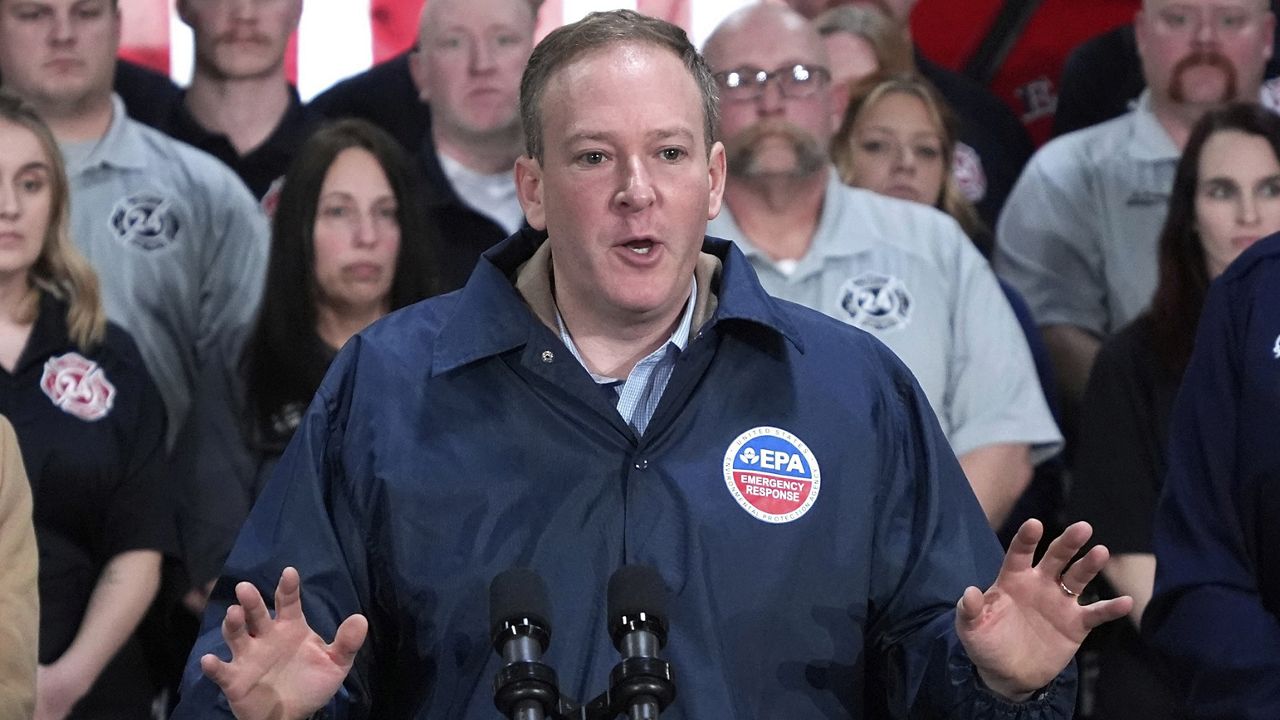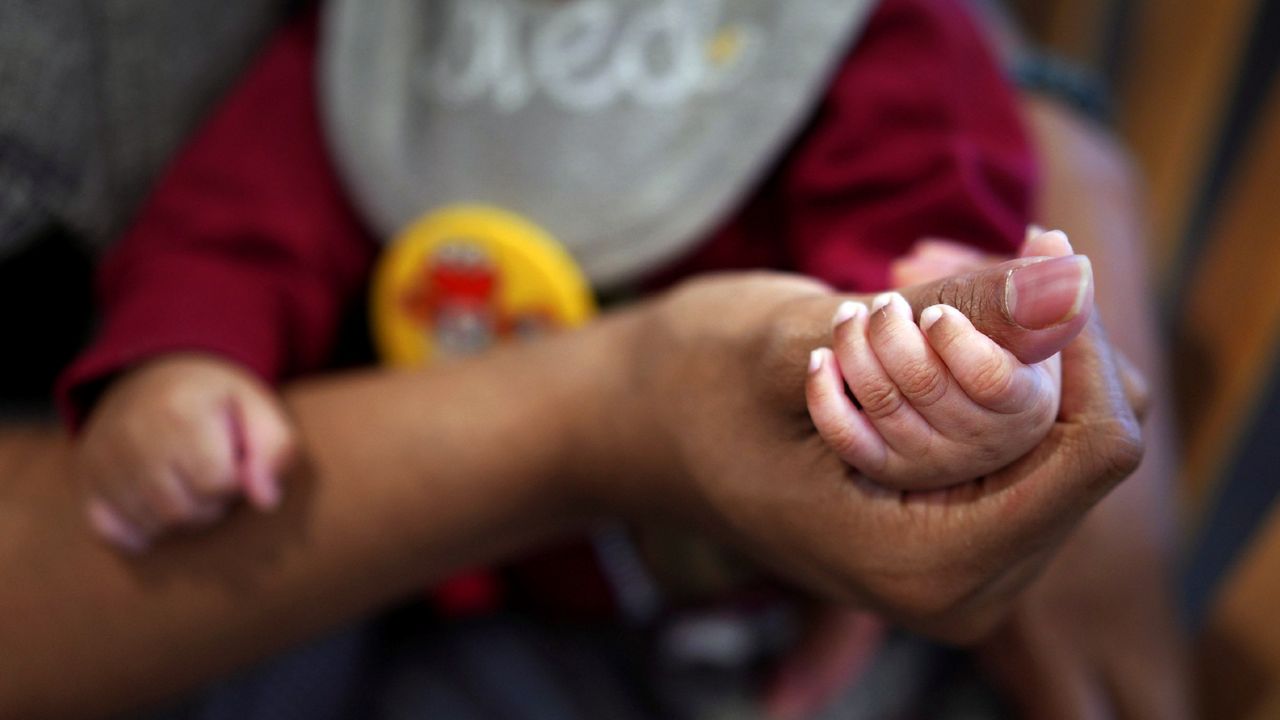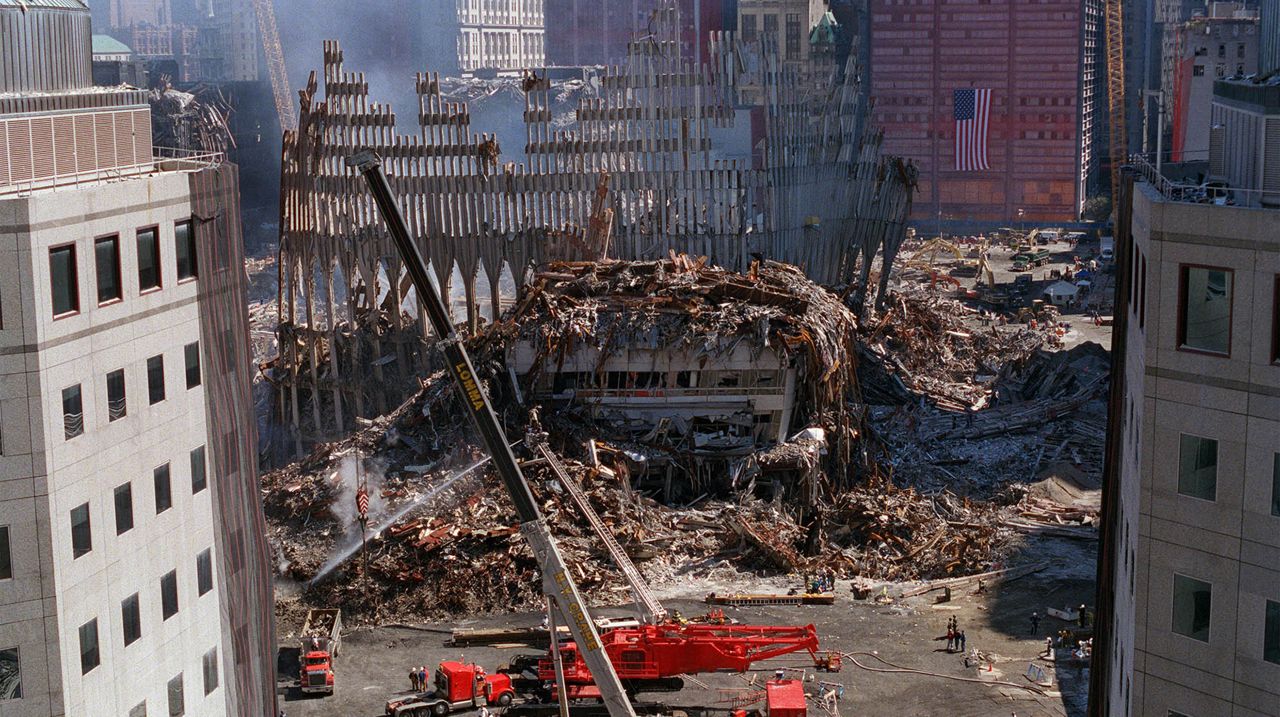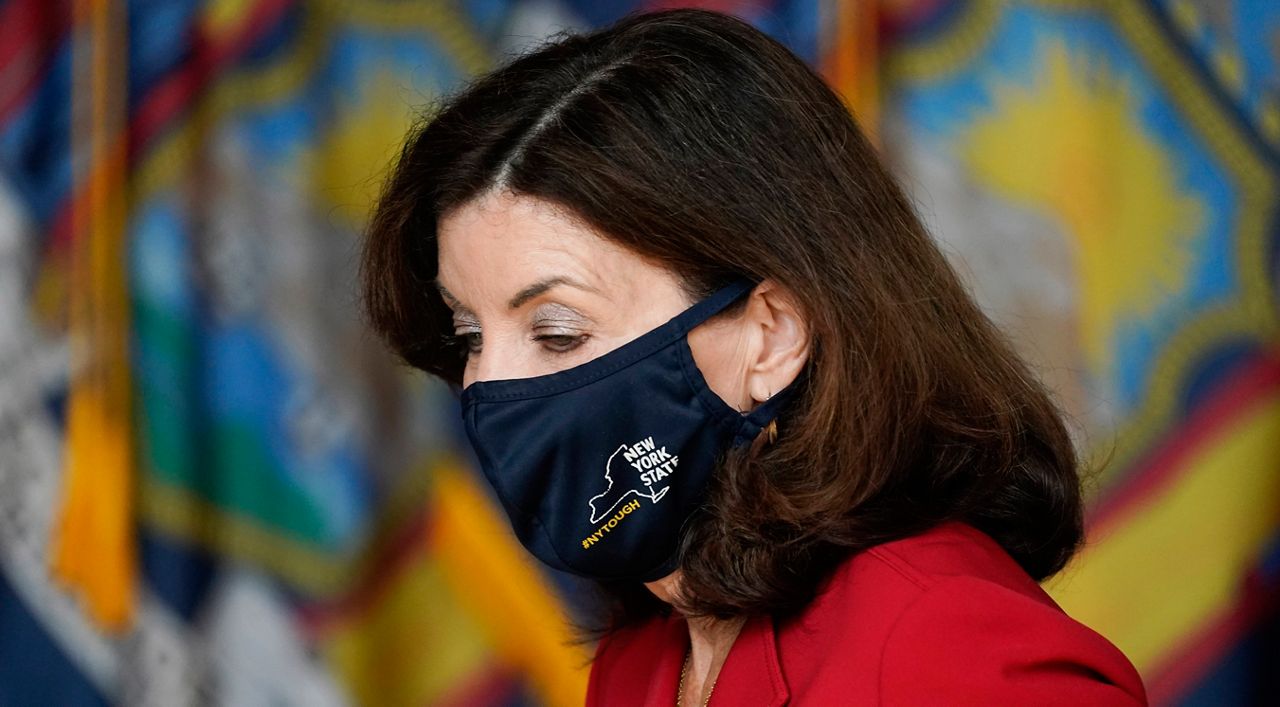As the new academic year kicks off, Gov. Kathy Hochul and the heads of New York colleges met behind closed doors on Monday to try to prevent the turmoil that hit campuses after the Israel-Hamas war broke out last October.
Over 270 officials representing higher education joined the virtual call, including SUNY Chancellor John King and CUNY Chancellor Felix Matos Rodriguez, sources told NY1.
Hochul has said she wants to make sure everyone feels safe on college campuses and eradicate antisemitism — but some say, the meeting could serve as a warning that the governor continues to watch university leaders.
“We wanna know your safety plans. ‘What are you doing to protect your students on campus?’” Hochul explained on Aug. 15 during a press conference, when asked by NY1 about how state government is helping students feel safe on campus.
“Quite frankly, for a lot of Jewish students, their back to school list includes anxiety and even pepper spray,” State Assembly of Queens Nily Rozic (D) said.
Campuses erupted into chaos over the Israel-Hamas War last spring. In several cases, the NYPD was called in, most notably at Columbia University, where its president has since stepped down. Some colleges canceled commencement ceremonies.
Brooklyn College and CUNY graduate school professor David Bloomfield recalled his campus last spring.
“At one point, the administration instigated a program without any consultation with faculty or students to search faulty members’ cars coming onto campus, searching trunks to see if we were bringing in any ‘outside agitators,’” he told NY1.
Hochul previously ordered a probe into CUNY’s anti-discrimination policies headed by New York’s former chief judge Jonathan Lippman.
Her office said that the investigation is ongoing and they expect to receive a draft of the report “soon.”
But in June, the federal government condemned CUNY’s handling of complaints tied to Jewish and Muslim students.
Meanwhile, some, like New York University, already updated its student code of conduct.
“I commend a lot of the colleges and universities who have taken it upon themselves to take that first step in changing their discrimination policy,” Rozic said.
“But the bottom line is: it shouldn’t take federal investigations, it shouldn’t take a report from Judge Lippman to make these universities do the right thing,” she told NY1, adding that state lawmakers should not only conduct public hearings on antisemitism but also consider curtailing taxpayer funding to universities that don’t enforce strong anti-hate policies.
Now, all eyes are on the future.
“I hope a really strong action plan comes out of this because the anti-semtitism that came from our experience on college campus last year was blown into the open,” Jim Malatras, former SUNY Chancellor, said.
Malatras, who stepped down in 2022, says universities need to consider serious changes to curriculum and culture.
“Clear rules, so this does not happen over and over again. You can’t have another year of turmoil after you had a previous turmoil. That’s not acceptable,” he noted.
“The Cooper Union students that were trapped in the library, right? That’s a really scary situation,” he said, referring to an incident in Oct. 2023, when Jewish students were locked inside the campus library, retreating from pro-Palestinian protestors.
“Take that moment and do something with it. My biggest fear is coming out of all of this: the status quo remains. And then nothing ever changes, and it goes back underground—it doesn’t go away–it just goes back underground and you still have the same problems but just done differently,” Malatras added.









